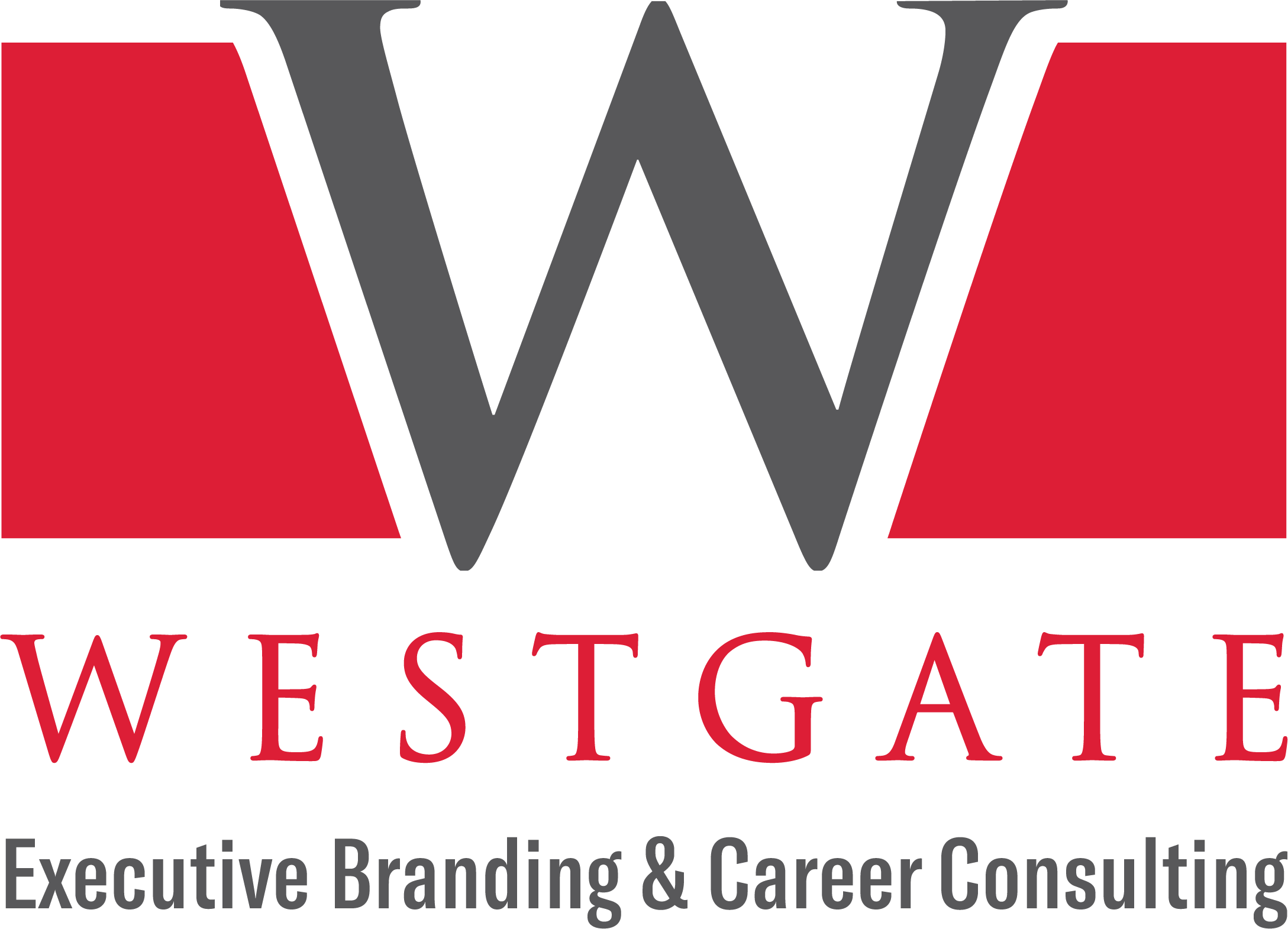There has been an uptick in people voluntarily resigning from their current job. Due to many stressors, a lot of which are provoked by the pandemic, individuals are fed up with their lack of happiness at work. Now, more than ever, it’s important to choose your options wisely.
The grip of fear can paralyze you when you’re faced with an important career decision and it can hijack even the most decisive leader. Explore our job offer decision-making tool and take the stress out of decision-making whether you’re exploring two job offers or exploring the pros and cons of two (or more) possible companies you are interested in pursuing.

Job offer decision-making
It feels euphoric to receive an inquiry from a recruiter. It’s exciting! A new opportunity may be just what you want. Or perhaps you’ve been seeking a new opportunity for a while.
You can feel the joy of leaving your current role—perhaps you’re trying to escape a new boss who doesn’t get you or a problematic board member. You envision finally having time to travel with your family for your long-awaited vacation, having it put on hold for several quarters because your workload has been heavy.
Please understand that a phone inquiry or lunch meeting to discuss a potential opportunity is not the same as a job offer. Therefore, there is no decision to be made until an offer is presented to you. An initial conversation from the recruiter’s point of view is to gauge interest, pure and simple.
I’ve been on both sides of this teeter totter many times during my career. As the job seeker, I fantasized about this new role and what it might mean to my family and for me and my sense of independence. I’ve also worked as the recruiter who’s vetted candidates for opportunities, understanding that the success (or failure) of this search rests squarely on my shoulders. My reputation, as the recruiter, is at risk when I choose the wrong candidate. Remember it’s truly a two-way street.

What the employer wants & what the candidate wants
Job candidates and employers have competing and conflicting points of view regarding your candidacy and potential hire. The candidate wants to maximize his or her earning power, and the employer wants to the mitigate risk of a poor hire.
Expect a lengthy time-to-hire process between 28 days and 44 days.

What to do first when getting ready to make a decision between 2 (or more) job offers
When the recruiter finally selects the best candidate, he (or she) will want to move fast to secure your agreement. Afterall, the chair of the board is pressing her, and it can take months of sourcing and then more months of evaluating, discussing, testing, background checking, and negotiations to land the perfect candidate or for the candidate, the perfect job offer. There is so much at stake for the company and the candidate. It needs to be a suitable marriage (of sorts).
Don't panic
- Don’t do anything for the moment. Catch your breath, have a drink of water, get some fresh air, lower your cortisol.
- If you’re feeling a case of imposter syndrome, understand this is a normal human condition. You may benefit from the following recording on imposter syndrome. You will be pleasantly surprised at what our expert says about imposter syndrome. One of our clients reported feeling as though 10 pounds was lifted from her shoulders after listening to it.
- Perform your due diligence. Know who the investors are, the board of directors, understand their holdings. Always have an employment attorney review the offer before concluding the negotiations.

How to decide between two job offers
As you consider each offer, ask yourself the following:
When you seek the counsel of others, choose 3 to 5 individuals who are not family or close friends. Everyone has a vested interest in your future, and sometimes their own agendas. Seek objective feedback.

My own job offer dilemma and due diligence
In 2005 I was faced with two job offers, and at that time I didn’t have a matrix to help me decide. One offer was from an international brand headquartered in Northern Europe and a small regional organization here in Nova Scotia (CANADA), my home province.
The two job offers were worlds apart in every way—however, the global brand offered a much higher salary with very attractive benefits and other perks. The regional organization offered less salary, less generous benefits, and didn’t have a “sexy brand.” However, I chose the second offer because of how it would pave the way to new opportunities in the future (see the questions listed in the matrix).
The ROI of that decision was explosive! I took the time to consider each offer carefully while resisting the influence of members of my family who expected me to choose the global brand. When I considered my interests for the future (starting a consulting business), I knew the second choice would give me the flexibility and the freedom to learn valuable skills I would need to have to be successful in a consulting business.
The global brand would have offered excellent benefits and very attractive perks (free beer!), and I simply knew it was the wrong choice. Although I spoke to my family and friends, I also sought the advice of my mentors and professionals in my network, and given my future entrepreneurial plans, I chose the second offer. Why?
Even at the time, I was convinced it was the right choice. Looking back over that time, I know it was, indeed the better choice. There was only one significant disadvantage, which I could not have predicted when I made the decision—a bully boss.

This is why I created the Career Navigator Program—to help people uncover the landmines in advance of accepting the offer and to make clear career (and business) decisions that align with their personal values.
Take a moment to review the offer evaluation matrix. Like a Swiss army knife, you can use it to make other decisions, too. I hope you find it useful.
At Westgate, we help our clients be heroes and home and at the office. Ask me how. Schedule a call here.
A note from Maureen on compensation and decision-making:

